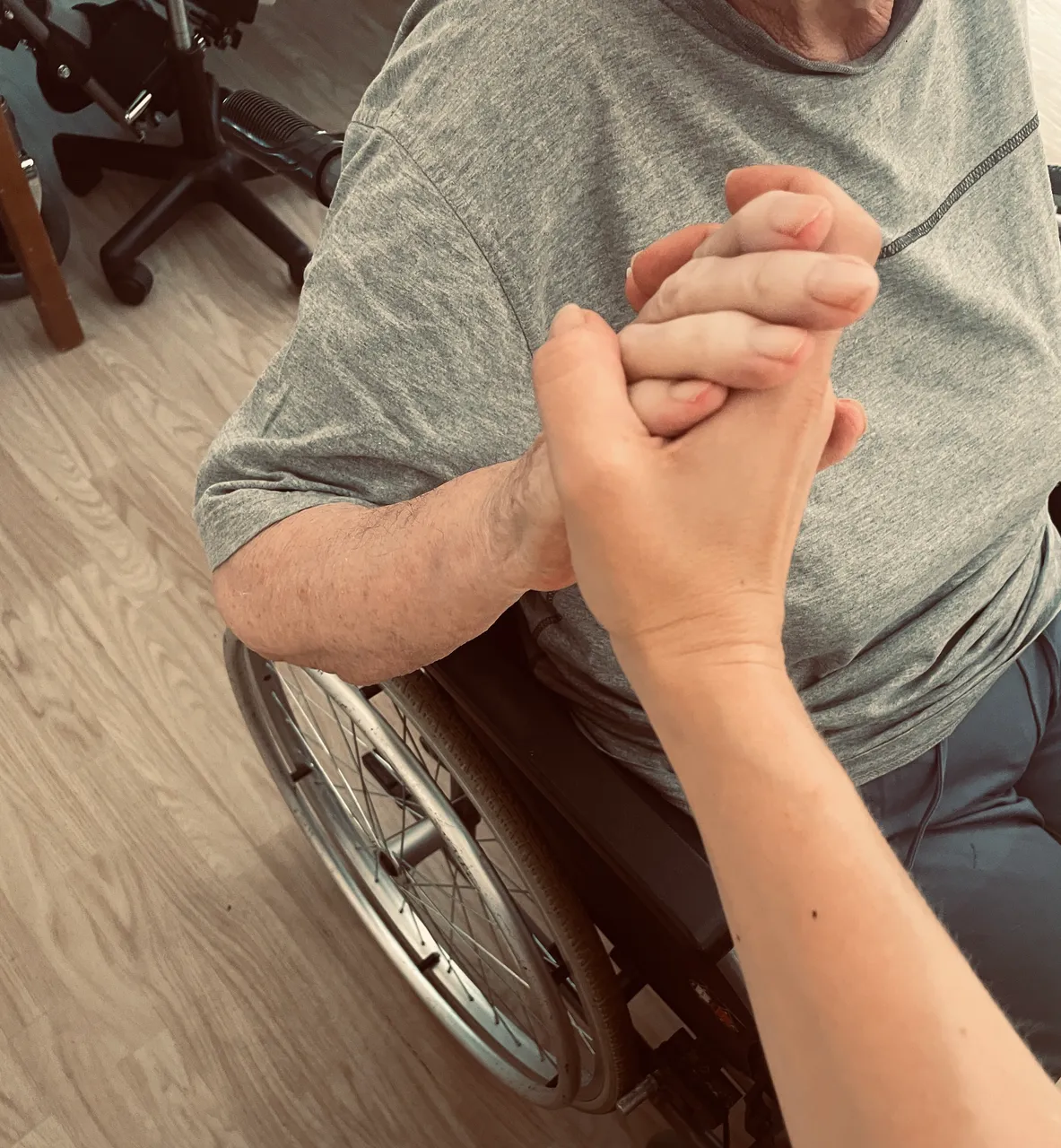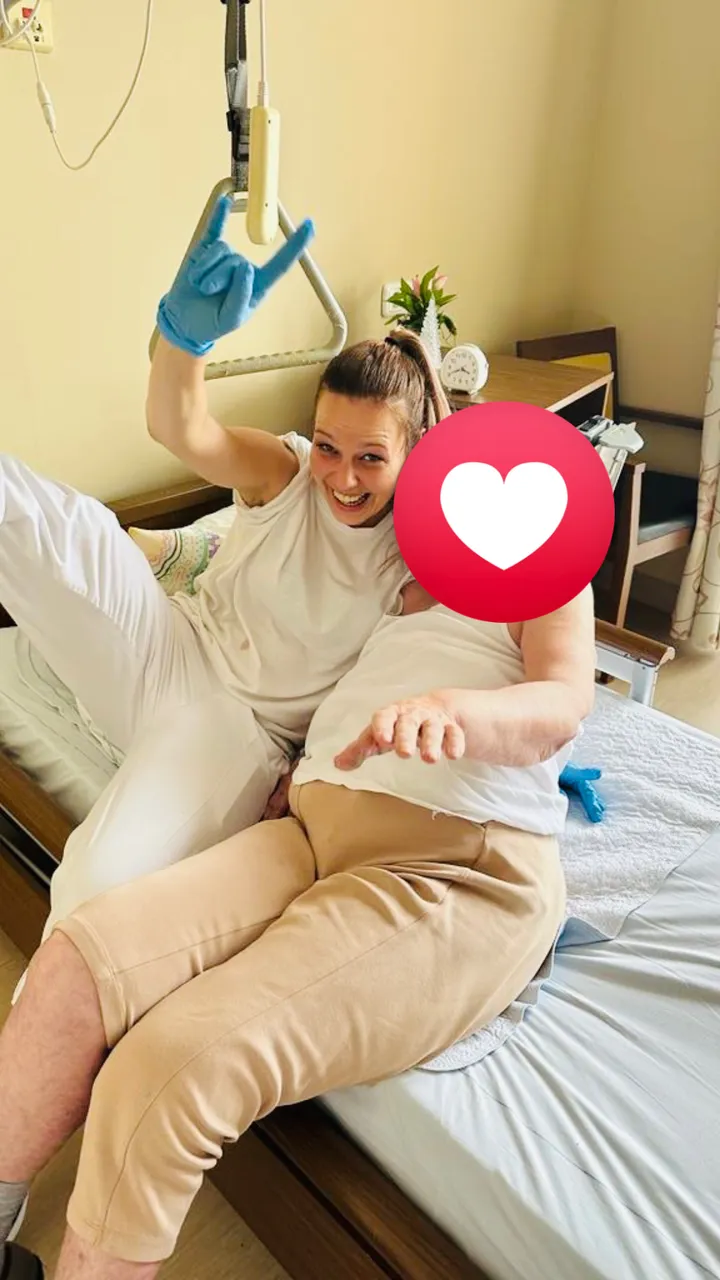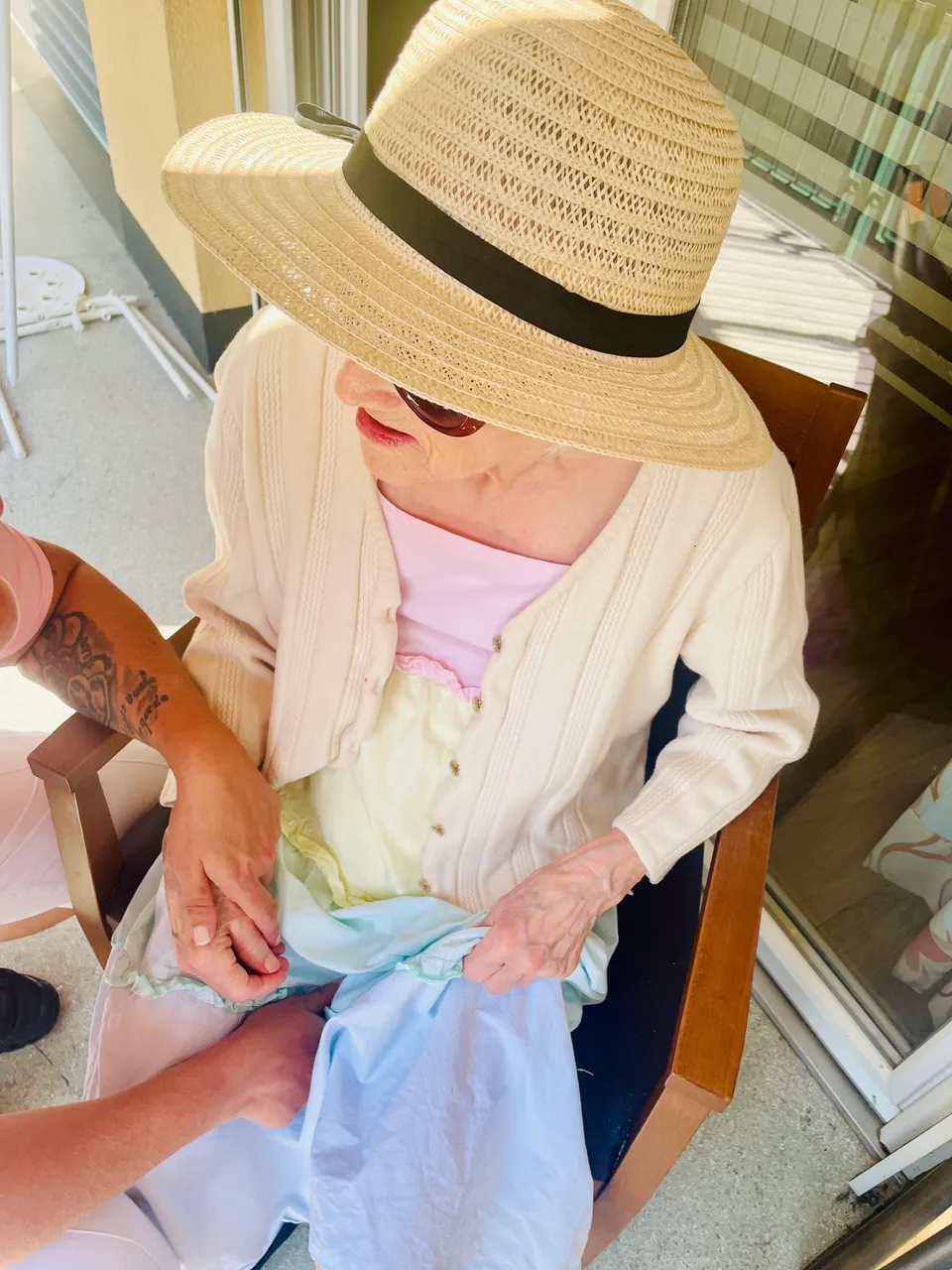Working with elderly people is a job that requires more than just physical and mental strength. It also demands empathy and emotional resilience. This type of work isn’t for everyone. It asks you to balance kindness with the need to protect your own emotions.
In this job, you can't avoid feeling something. You can't be cold when caring for those in the final stage of their lives. You have to connect with them emotionally, but only up to a point. The people we care for are near the end of their journey, and many of them know they won’t be going home. This awareness often makes them more open and in need of human connection. Being that connection is a privilege, but it comes at a cost.
You need to be mentally strong to handle their stories, their joys, and their sorrows. You need to be physically strong to meet their care needs. But you also need to know when to set boundaries, to protect yourself from the inevitable pain of loss. Because in this job, loss is a constant. People you care for, people you’ve grown attached to, will pass away—sometimes suddenly, sometimes in ways that deeply affect you.

Recently, I was reminded of this harsh reality. I cared deeply for a resident and his wife, who were a shining example of love and companionship. They had been married for over 50 years, and their bond was beautiful to see. He was 98, she had just turned 100, and despite their age, they faced each day with a lightness that was infectious. But a few days ago, something happened that none of us expected. The man, who was always full of life, went out as usual but never returned.
We searched and hoped, but eventually, we got the heartbreaking news, he had taken his own life. It was a shock none of us saw coming. The pain I felt was sharp, a reminder of the emotional toll this work can take. And now, his wife, struggling with dementia, searches for him, cries for him, and waits for him to return, unaware of what really happened. It’s heartbreaking to see, especially knowing we have to shield her from the full truth to protect her fragile mind.
In moments like these, it’s easy to wonder why we do this work. Why do we open ourselves up to such pain? But then I remember the small moments of joy, the connections we make, the comfort we provide. This job isn’t just about taking care of the body, it’s about caring for the soul. It’s about honoring the lives of those who have lived long and helping them find peace in their final days.

So yes, you need to be strong—both mentally and physically—but you also need to have heart. You need emotions, but they have to be balanced with the understanding that loss is part of the job. You must care, but you must also protect yourself. In this job, the line between compassion and heartache is thin, and crossing it too often can take a toll.
In the end, working with the elderly teaches you the value of life. It shows you how quickly time passes and how precious each moment is. It reminds you to appreciate your own life, to cherish the connections you make, and to understand that even in the face of loss, there is beauty in the care you give.
This job isn’t for everyone, but for those who choose it, it offers a deep sense of purpose, a chance to make a real difference in the lives of those who need it most. And that, despite the heartache, is worth everything.

“The glory of the elderly is their insight, their knowledge, and their wisdom.” – Lailah Gifty Akita
With love, @tinabrezpike❤️